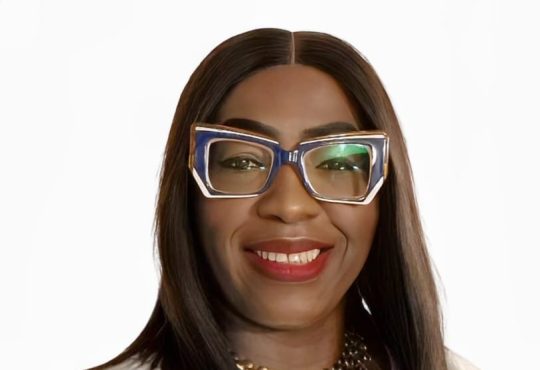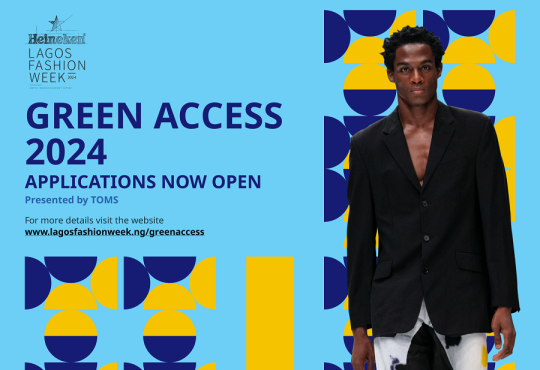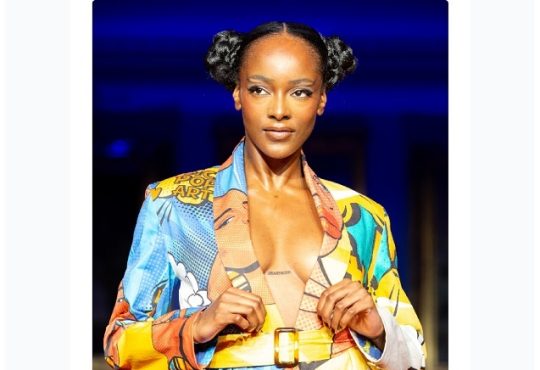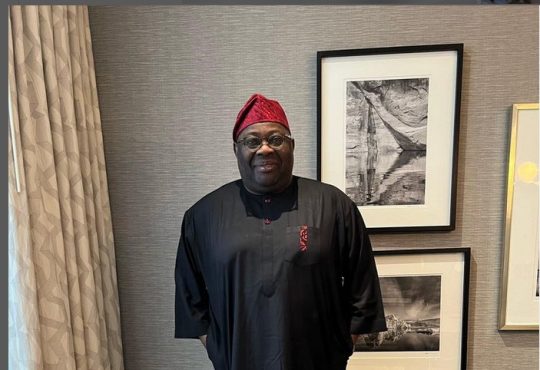
This article is shedding light on an age-old problem: Body Dissatisfaction. What is particularly harrowing about this growing trend of cosmetic procedures is how it could motivate a young individual as young as 15 years old , whose face and body may not yet be fully developed, to believe they need such injections to “correct” or alter what has not had the chance to completely form. Cosmetic products and procedures should be a means of empowerment, not a source of shame and anxiety.

How has a previously associated older demographic’s product and procedure regained popularity among younger generations? What role do Millennial and Gen Z aging anxieties play in driving interest in preventive cosmetic surgery?
Physicians suspect that the surge in younger individuals seeking preventive cosmetic procedures stems from the influence of “selfie culture” and the rapid expansion of social media. Apps like Facetune and Photoshop, along with instant photo filters, enable easy photo editing, creating an idealized, unrealistic image for viewers to pursue or replicate. Recent statistics indicating peak engagement levels on Instagram and Facetune during the pandemic support the trend, highlighting how many found solace in online platforms.

Moreover, the emergence of the “Instagram face, features unattainable attributes—porcelain skin, sculpted cheekbones, feline eyes, and plump lips—often only achievable through cosmetic procedures. Individuals seek to physically emulate these artificial filters or edited appearances through fillers, augmentations, and chemical treatments, illustrating the adage “beauty is pain” quite literally.
The shift to online schooling and work intensifies this phenomenon, as individuals spend more time viewing themselves through a camera lens than a mirror. Younger demographics, more susceptible to taking doctored images at face value, may perceive altered visuals as reality. A child psychiatrist,recently pointed out how these filters go beyond comparing oneself to unrealistic celebrity images, as individuals now measure their authentic selves against fabricated versions.
In conclusion , Before endeavouring to undergo these procedures, one would be well-advised to err on the side of caution and to conduct thorough research on the products and procedures used, and more importantly, to ensure that it is for the purposes of personal satisfaction and not the fear of being perceived as anything less than picture-perfect.







